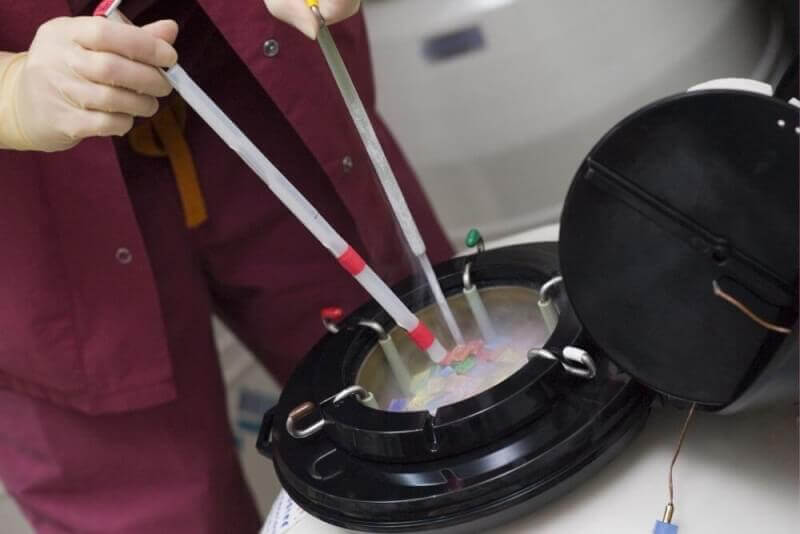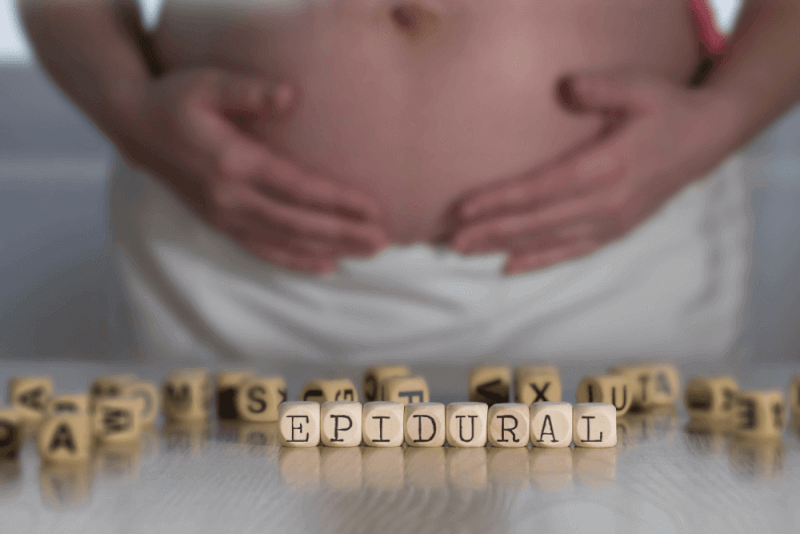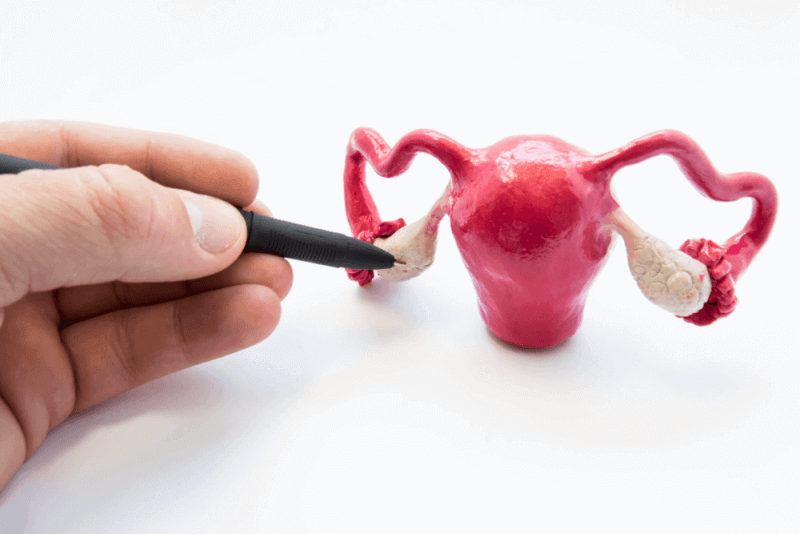What is egg freezing?
Egg freezing, which makes it possible to have children even at an advanced age, is especially preferred by women with career plans and cancer patients. This method, which allows women to have children at an advanced age thanks to the progress in IVF methods, is the freezing and storage of the ovaries for use in a later period. This preserves the morphological and biological characteristics of the egg cell. In this way, the egg cells remain viable and can be fertilized by sperm when the freezing process is over.
Egg cells, the body's largest cell, are frozen in nitrogen below zero degrees Celsius. Thanks to this technique, the egg cell remains the same age as the woman was when the egg was frozen. This is an extremely important point for healthy pregnancies to occur. Egg freezing is a method that can be applied to all women of reproductive age and reproductive potential, where egg sizes can reach an adequate level.
Who can undergo egg freezing?
People who will undergo egg freezing include cancer patients and other reasons. Among the people to whom egg freezing can be applied for oncological reasons are the following:
- People to be treated with chemotherapy
- People to whom surgical treatment methods will be applied
- People to be treated with radiotherapy
- In case of a combination of the above-mentioned treatments
Causes that are not related to oncologic causes include the following:
- Premature egg failure
- Those with a family history of early menopause
- Those with autoimmune diseases
- Women who want to postpone motherhood
- Genetic causes
- Infection
How is egg freezing done?
Before egg freezing can be performed, the eggs must first be prepared. For this, the person who will undergo the procedure starts using some medications starting during menstruation. These medicines are called gonadotropins. These drugs stimulate the ovaries. During this time, the growth stages of the eggs are monitored with the help of ultrasound.
For the collection process, the eggs are allowed to reach a sufficient size. The eggs are then collected using a special method. They are placed in tanks filled with nitrogen at -196 degrees Celsius, again using a special process to freeze the eggs.
Egg freezing techniques
Egg freezing is done in two different ways. Among these techniques;
- Ultra-fast cooling (vitrification)
- Controlled slow cooling (slow freezing) is included.
Things to consider after egg freezing
Egg retrieval is a procedure performed under general anesthesia. For this reason, patients should stay in the hospital for up to 2 hours after the procedure. It is also expected that patients will feel slightly dizzy for 3 to 4 hours after surgery.
Bleeding and infection are rare after egg retrieval. For this reason, the antibiotic prescribed after the procedure must be used regularly. In addition, pain similar to menstrual pain and spotting may also occur after the procedure. Painkillers can be used to relieve the pain. In case of excessive pain or prolonged and red-colored bleeding, a doctor's check-up is required.
Since anesthesia is applied in the procedure, excessive fatty and spicy foods should be avoided in order to prevent conditions such as vomiting that may occur due to anesthesia. Instead, it is recommended to prefer easily digestible foods.
Another condition that patients may experience after egg retrieval is gas pains. It is normal to feel pain and cramps in the lower abdomen within a few days after the procedure. However, if the pain is excessive or lasts for a long time, you should consult a doctor.
Menstruation after egg retrieval
Egg collection is performed 10 to 14 days after the onset of menstruation. For this reason, patients are expected to menstruate within 7-10 days after egg collection. It is also possible for bleeding to be more severe and menstrual cramps to be stronger during the first menstruation after egg retrieval. This is not a cause for concern.
What factors affect the success of egg freezing?
Factors affecting the quality of eggs collected include the following:
- Age of the woman
- Use of patient-friendly low-dose egg-enhancing drugs
- Number of eggs collected
- Competence of the physician and the clinic where egg retrieval is performed
Advantages and disadvantages of egg freezing
Egg freezing is a method that enables women to become mothers at a later age. For this reason, it has many advantages. There are also ethical disadvantages of egg freezing, although these are not physical.
Advantages of egg freezing
Among the advantages of women who prefer egg freezing are the following:
- In the case of egg storage, even if the woman's age advances, the age of the treated egg does not. In this way, younger and healthier egg cells can be used for pregnancy instead of egg cells that have lost their potential at an advanced age.
- Thanks to egg cells harvested before cancer treatment, women who lose their ability to reproduce after treatment can become mothers. Many cancer treatments can cause damage to the ovaries and therefore women risk not becoming mothers even if they regain their health. Egg freezing eliminates these risks.
Disadvantages of egg freezing
Egg freezing does not have any health disadvantages. However, it is an ethically controversial issue for women who undergo egg freezing to become mothers at a later age. The effects of women's advanced age on childcare are still debated.
How is egg freezing applied to virgins?
Egg freezing is also a method applied to women who are virgins. But there are some differences in the method. For this reason, egg collection from virgins is performed by entering through the abdomen. After entering the ovaries with the help of a needle, the egg cells are collected one by one.
How are babies born from frozen eggs?
The maximum period for frozen storage of ovaries is 5 years. During this time, if the woman decides to become pregnant, the egg is thawed and then fertilized with a sperm cell. After the fertilized egg becomes an embryo, it is transferred to the woman.
Babies who come to life with this procedure do not have congenital or genetic diseases. In addition, the gestation period does not differ from normal gestation periods.







